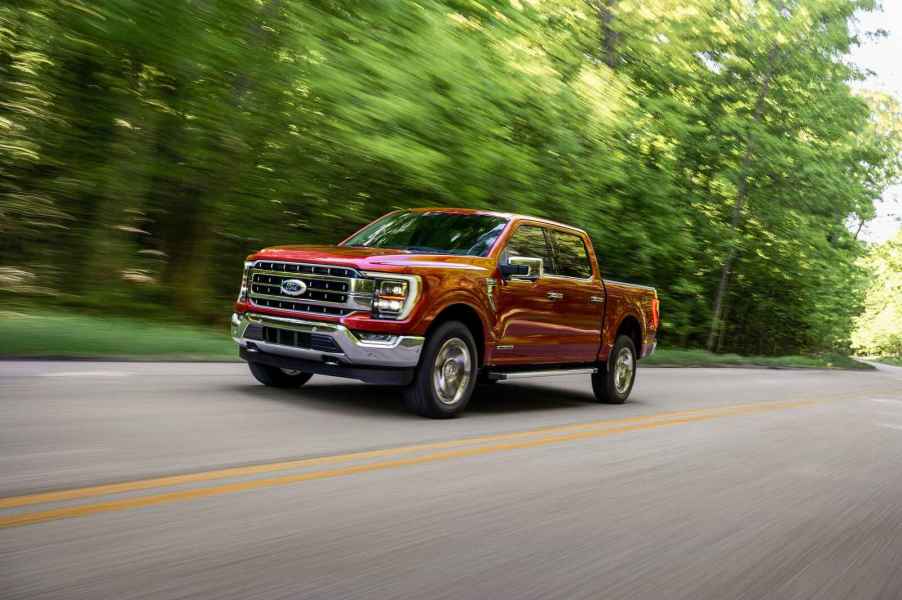
What’s going on with truck reliability?
These days, it seems like truck buyers take big financial risks by getting behind the wheel of nearly any OEM’s pickup. I’m not just referring to a brand-new truck’s market value. Reportedly, prices jumped to an average of more than $60K…ouch. From Ford and GM’s 10-speed transmission faults to Toyota’s massive Tundra engine recall, a lot of modern models seem plagued with expensive complications. However, when presented with the question, “What’s going on with truck reliability?” I have to answer: Not much, really. Let me explain.
In general, cars are more reliable than ever
Not too long ago, cars needed constant maintenance and broke down often. In 1970, according to the Federal Highway Administration, the average age of cars (not trucks) in use was only 5.6 years. That year, trucks actually outlasted sedans and coupes, averaging 7.3 years.
Automotive and mechanical engineers have spent decades and generations increasing performance, reducing emissions, and providing the reliability we have today. Arguably, they’ve delivered what truck shoppers want…and then some, in many cases.
The proof is in the statistics. In 2023, the FHA reported that the average car on U.S. roads was about 13.6 years old. The average light truck was 11.8 years old.
Yes – technically, in the 1990s, cars passed light trucks in average age, and pickups haven’t caught up since. Still, considering where we started with passenger vehicles in the 1930s, today’s average age is impressive for both vehicle classes.
And, yes, again – the average age of cars on the road is also a direct reflection of the consumer’s appetite for purchasing new cars. Reportedly, more than 82% of Americans can’t afford a new car in 2024. In response, then, we’re keeping our used cars longer.
In the meantime, folks only need to change their oil about twice a year (depending on driving habits, of course). For drivers who maintain their vehicles, breakdowns are rarer than ever. This is true whether you have a truck or some other car.
Trucks – or any cars – aren’t perfect and never will be
The thing about cars is that they’re designed, built, maintained, and repaired by humans – however directly. We’re fallible, of course, and there’s just no such thing as a perfect car. What’s perfect, anyway? Something that lasts 200,000 miles? Well, there are plenty of those driving around right now.
Each OEM has its fair share of recalls, especially when a component is universally installed, like the defective Takata airbags. The Ford F-150 is extremely popular. As such, whenever drivers experience a problem, it’s widely felt.
It’s not always right, but sometimes, the automaker will face a defect with grace. While Ford was hit with class action lawsuits over its 10-speed transmissions, Toyota recalled and will pay to repair any new Tundra truck engine suffering the unfortunate machining defect.
I’m not saying trucks should all be considered reliable – on the contrary, many flat-out aren’t according to my personal standards. Years of service writing gave me perspective, and certain trucks tend to experience expensive timing, oil, ignition, and fuel system faults…not to mention they take “more of everything.” More fuel, more oil, more expensive brake parts, and so on.
To say we’re going backward in the class’s overall reliability doesn’t seem right to me. Of course, certain OEMs need to do better for customers. But ignorantly buying a truck that will needlessly drain you of personal resources is preventable from certain angles. As consumers, we have a choice. It’s best to research your options, find out which models have a reputation for issues you’d prefer to avoid, and take at least some responsibility for your vehicle selection.



